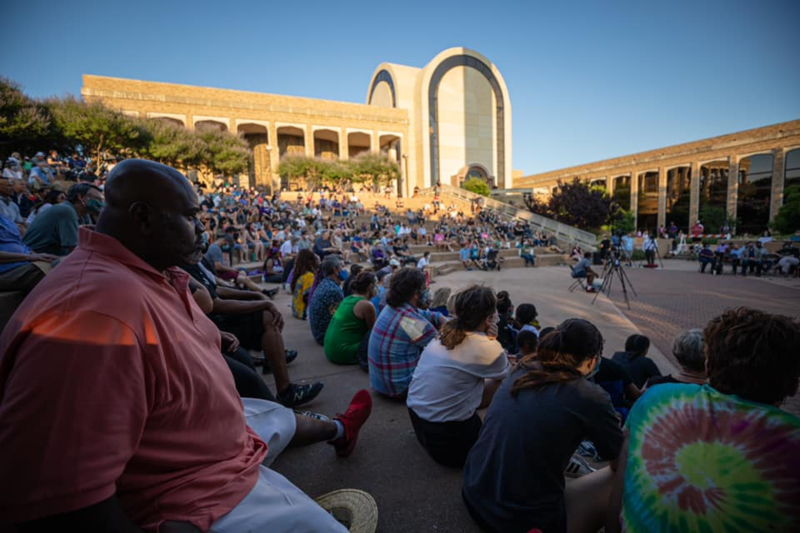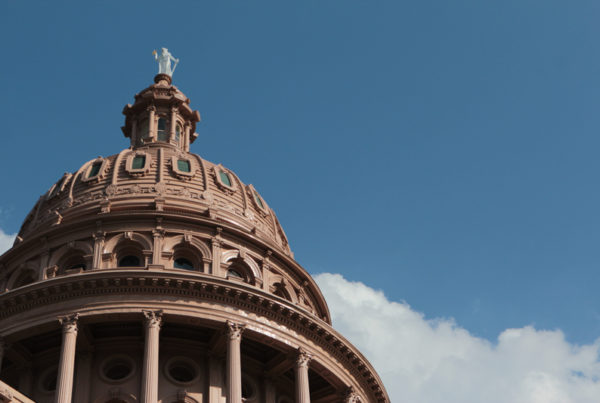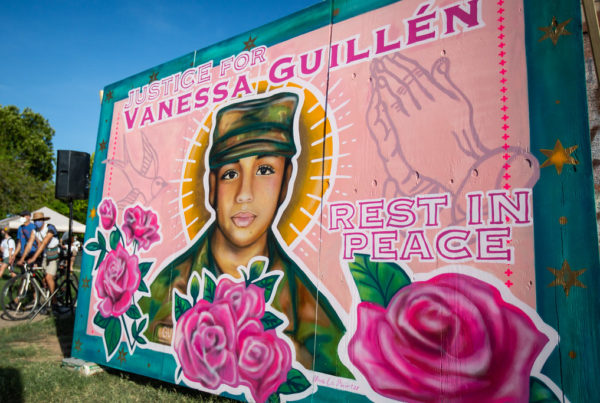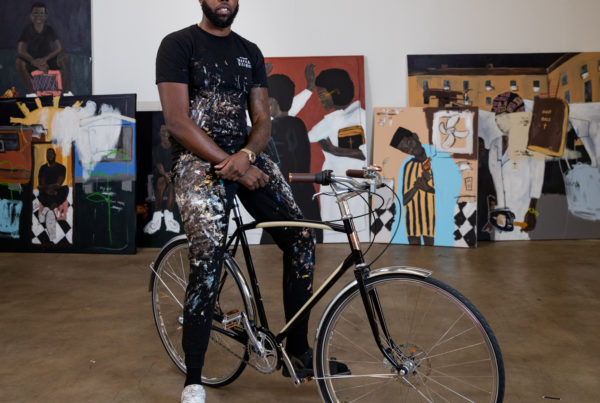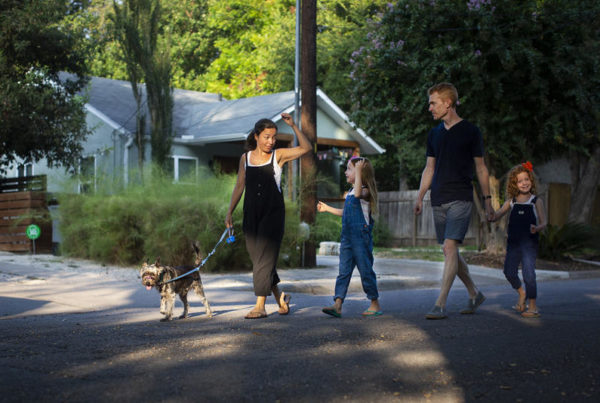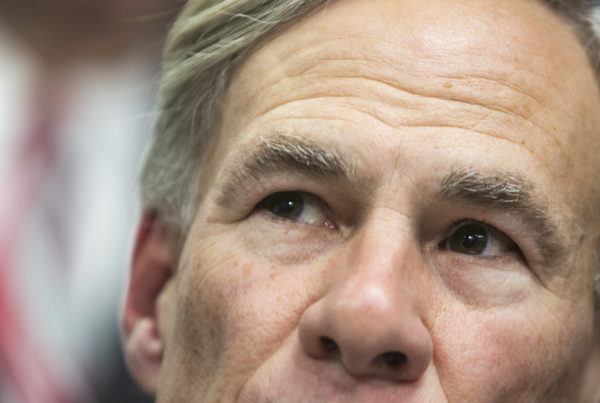Higher education is also making changes. In Texas, University leadership at schools like Rice and Texas A&M have seen an onslaught of petitions and calls for action from students who want the schools to reconcile their racist pasts with current efforts towards equity and inclusion.
Three small private universities in Abilene are also trying to reshape their campuses. One of them is Abiliene Christian University.
ACU’s Chief Diversity Officer Stephanie Hamm is the first person to hold the position created in the fall of 2019. Hamm, who is also a professor in the Social Work Department led a task force for the school evaluating how to better engage diversity support and cultural awareness. Recommendations from that group created the new role which includes creating new programs while evaluating old traditions and policies, too. With the publicized death of George Floyd, Hamm feels there is new urgency motivating what she does.
“We actually saw a person being killed on TV,” Hamm notes. “That was sad and discouraging in so many ways, but it’s not new.”
What is new, though is the nation-wide response. Hamm says, in her lifetime, she has never seen such a broad group of people speaking out against racism and racial inequality. “I find that hopeful and exciting.” Hamm said.
Abilene Christian serves students from 52 states and territories and at least 46 different nations. That’s something university officials point to, saying diversity is already a priority.
But the school hasn’t been without controversy. In June, amid nationwide protests against racism and police brutality, university president Phil Schubert sent a widely-criticized email to the ACU community. Students and alumni posted on the school’s social media platforms, saying Schubert’s statement was a lackluster attempt to placate requests that the school take a stand.
Three days later, Schubert released a video apologizing.
“I want to start by asking for grace as I speak from the heart. It’s been a hard week. You were hoping that I would say more, and take a stronger stand in regard to the death of George Floyd and the state of national unrest. What my message needed to say most it failed to say, and for that I am truly sorry.” In the video, Schubert also said he’d commit to supporting Black members of the university community in their grief.
ACU Graduate Student Robert Lopez de Castilla says that was the right move. “His secondary video was very genuine and authentic in its desire to understand better this conversation that we’re having as a community and to genuinely take steps in the right direction,” Castilla said.
He also points to ACU’s Carl Spain Center on Race Studies and Spiritual Action. The center started in 2018 to conduct research on the historical and contemporary role of race and racism in the church and Christian institutions. Lopez de Castilla hopes university leadership will take advantage of this resource. “What I‘d like to see the university do is just hone in a little bit more on those voices. Listen more intently and take advice from people who have dedicated their lives to things like racial reconciliation.”
This fall, Abilene Christian says it’s focusing on three main things: Requiring diversity awareness training for school administrators, faculty and staff; identifying gaps in its undergraduate curriculum, and creating a Diversity Council with representatives from all parts of the campus. President Schubert says they’ve already had their first brainstorming meeting. “Now we’re in the process of vetting those ideas. And we’ll begin to kind of zero in on the ones that we feel like have the most merit and will provide the most benefit to our community.”
While some existing initiatives will continue this year, there will be other new additions to the campus experience. Undergraduate students are required to take a class in cultural awareness from a menu of diverse options. Now the first semester orientation class, called Cornerstone, will incorporate more education about acknowledging personal experiences and biases in order to help students engage with others more equitably. Hamm says university administrators are planning to participate in a specialized training that was developed for college leaders. “But it is an in-depth training and will take administration like eight weeks to complete. We’re on a waiting list. I don’t think we can even start on it until Fall 2021.”
In the midst of this forward moving energy, Chief Diversity Officer Stephanie Hamm says there has been a bit of negative feedback from alumni or parents, concerned the school is giving in to a political agenda instead of focusing on its Christian identity. “I have found there are many, many more people who are ready to make whatever changes need to be made,” Hamm responds. “Race is very much a spiritual thing, and we are not being political. We are being faithful.”
People in a variety of departments have been in contact with Hamm to seek advice about how to make their individual programs more inclusive. Hamm says this is an exciting time for ACU because so many people are open to listening, learning and improving how they serve students and each other. Grad student Robert Lopez de Castilla hopes the momentum doesn’t fade away. “The reality is that there’s very few people within our Christian community that are intentionally trying to hurt others, but it doesn’t mean that we can’t hurt others by just not paying attention.” We all still have a lot to learn, he says.


